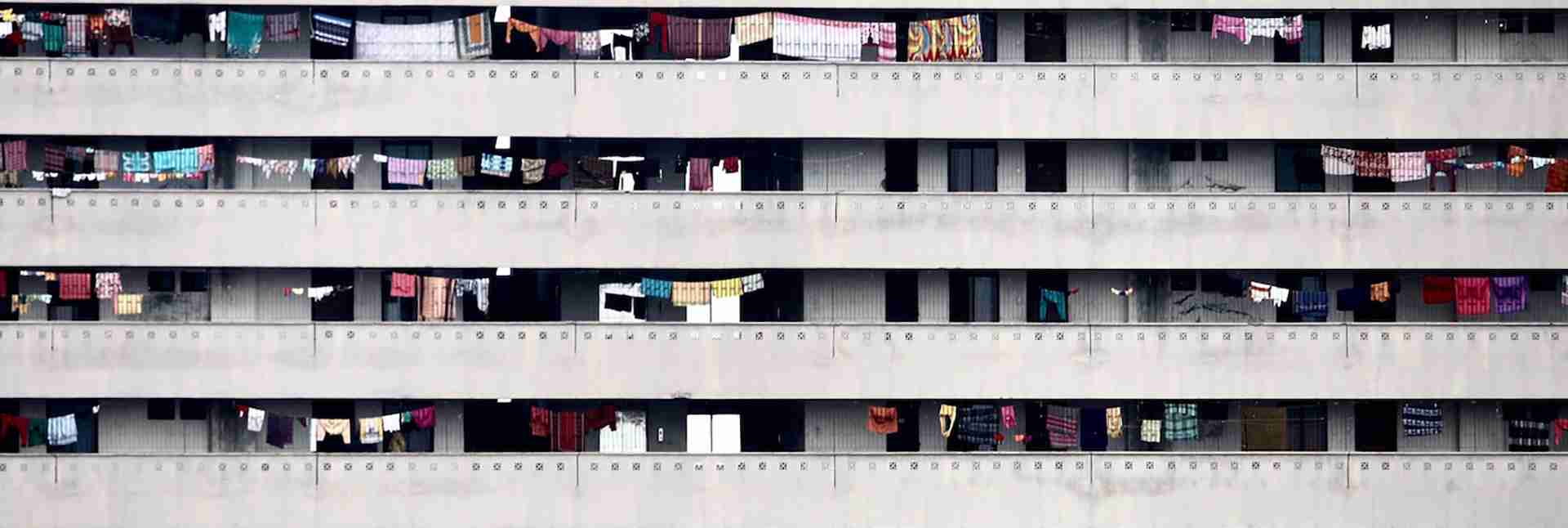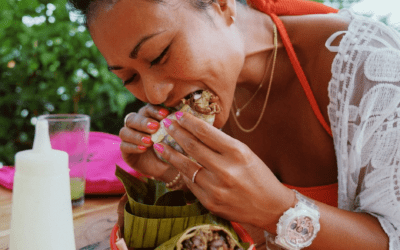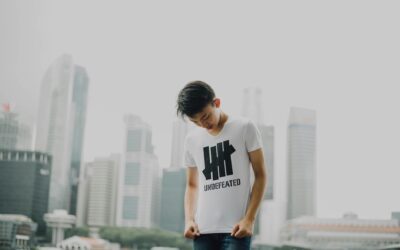Like the rest of the world, Bangladesh is also faced with questions it never faced before with the pandemic.
It has challenged the country’s healthcare system, state policies and religious narratives. Above all, it has challenged Bangladeshi’s need for communality.
Pre COVID-19 – Communality and Bangladeshis
Human beings are inherently collective by nature, which I believe has evolutionary origins. When humans were hunters and gatherers, they found strength in numbers, which resulted in increased chances of survival.
This instinct motivated us to develop strong communal relationships. These relationships improved the quality of our lives, nourishing both physically and emotionally, and provided us with a sense of identity and security.
Communality is at the core of the Bangladeshi people. As a country that, until recent years, has been classed as ‘underdeveloped’ – it is the collectiveness and communal bonding that gave strength and meaning to an individual’s struggle. Belonging to a group feels like you belong to something bigger and more important than yourself. Someone to turn to for support when life becomes difficult.
Arguably, the need for belonging and communality remains at the core of Bangladeshis, as it is imbedded in deep in their cultural and social DNA. There are countless such examples in Bangladeshi culture. Communal deposit funds are a common practice which are used to offer loans for families who need it. Another example is natural disasters, and how the community stays together and supports each other in trying times. If someone is critically ill in the community, others come forward to help them get through these difficult times.
Hence, communality and belonging to the greater collective makes up the very fabric of Bangladeshi society.
What COVID-19 has brought with it
The virus, with its social distancing mandate, has challenged the very essence of communality.
There are reports of people falling sick and even dying privately – with no one coming forward to help; instances of sons refusing to cremate their father’s body. There are several reports of nameless patients with COVID-19 symptoms left in the streets by their family and stories of persons returning home with virus symptoms and not being allowed to enter the home by family members.
Stories like this are generally unheard of in Bangladesh. Under normal circumstances, the community offers unwavering support to sufferers and their family. But now, if a person presents with COVID-19, or similar symptoms, they are now labeled as outcasts and ‘untouchable’ in the community.
It is not the fear of contracting COVID-19, or even dying that despair Bangladeshis – but the fear of dying alone, away from the comfort of having family members around; and not having anyone attend the funeral prayers (janaza) – the latter considered a punishment reserved only for the worst of offenders in Islam.
The virus is threatening Bangladeshis to become outcasts in their own groups, their communities – lifelong memberships that have been earned and carefully maintained over the years. As a result, Bangladeshis do not see COVID-19 as just a disease. It is a curse with the worst of the ramifications – being cast out from their society.
Implications of the behavioural changes brought by COVID-19
Need for real bonding and connections is emerging as a powerful coping mechanism during this time.
Me-time and moments of daily indulgence that used to revolve around experiencing new things and self-pampering activities have now been replaced with otherwise mundane, routine phone calls and video conferences with family members, long-lost friends and dear ones.
While the same phone calls existed before – conversations used to superficial and part of a duty to tick a check box. But now these bonding sessions take place almost every day as Bangladeshis look for meaningful connection.
This sudden urge for attachment is a result of this existential crisis and looming uncertainty.
In a BBC article published recently, Dr. Jonathan Pointer, a UK-based psychologist, says, “Emotions and memories are linked; emotions reactivate memories, and memories reactivate emotions. So nostalgic reminiscence, when we create an emotional response through reminiscing on past events, is an easy way to re-experience an emotion attached to a particular memory.”
“When we are experiencing life as difficult, we can use nostalgic reminiscence to immerse ourselves into our emotional past; this can generate a sense of certainty, safety, and comfort.” he adds.
This need for real connection comes at an interesting time especially in the age of social media. As Facebook and Instagram (and now Tik Tok) have become a huge part of our lives, there has been a prioritisation of quantity of followers over the quality of relationships.
This has been inching towards a boiling point where Bangladeshis have already been in search of real relationships and true bonding over virtual ones. The contagion has quite possibly accelerated this thirst for true bonding.
What brands can solve for
1. MORE HUMAN-CENTRIC MESSAGES Brands need to focus on the human element in brand messages. For example, Robi introduced an offer for health workers where they receive free data every month for six months. While this may have an underlined a business goal, this comes across as caring as the data ensures that health workers are always connected with dear ones during this period.
2. PROMOTE NEW WAYS OF BONDING Brands can promote new and creative ways of bonding especially with physical restrictions imposed by the contagion. How about clicking beverage bottles together as a way of new greeting instead of shaking hands? Or maybe e-coupons as that can be shared as presents for online purchases? Perhaps consider new shopping behaviours e.g. group buying.
3. IMBIBING FAMILIAR COMFORT OF THE OLD NORMAL Bangladeshis wish to revert to simpler, happier times from the past. Can brands use tokens from the past to give Bangladeshis a sense of normalcy? How might brands be able to deliver simpler propositions with the intention to comfort rather than delight customers?
Real, genuine connections is a key theme amid the ongoing pandemic. Tapping into this need at this critical juncture will go a long way to create long lasting relationship with Bangladeshis.






